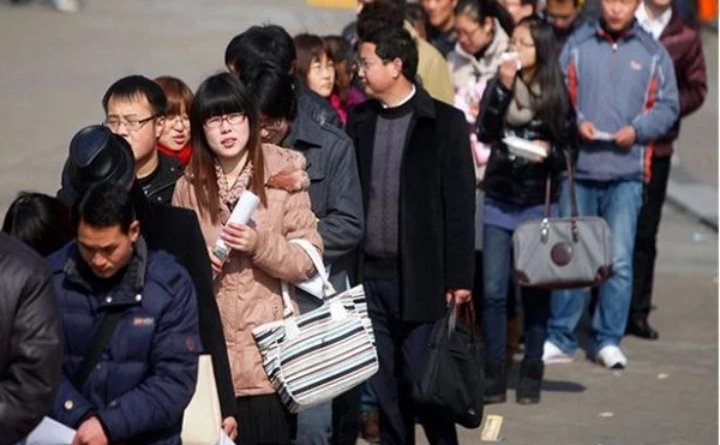China: Gradual increase to statutory retirement age
Employer Action Code: Act
The government has approved legislation to increase the social security statutory retirement age by three to five years gradually over a 15-year period starting January 1, 2025.
Key details
Over the 15-year period starting January 1, 2025, normal retirement age (NRA) will gradually increase:
- From age 60 to 63 for men
- From age 55 to 58 for women in salaried positions
- From age 50 to 55 for women factory workers
These are the first increases to NRA since the system was established in the early 1950s, when life expectancy at birth was below age 45. Life expectancy rose dramatically by the end of the 1980s to age 68 and is now age 78 (Asian Development Bank data). Currently, the minimum insured service requirement for eligibility for a retirement pension is just 15 years. In practice, the overall average age at retirement is just under age 55.
The new policy also stresses “being voluntary and flexible,” which will give people greater latitude to plan or choose their own retirement. People will be allowed to retire voluntarily no more than three years in advance after reaching the minimum year of pension contributions, which will gradually rise from 15 to 20 years from 2030; however, people will not be permitted to retire earlier than the previous statutory age. Also, an employee can voluntarily opt to postpone retirement for no more than three years after reaching the new statutory retirement age, subject to employer agreement.
Employer implications
The new policy has become more flexible compared with the previous one-size-fits-all approach. The immediate impact on most foreign employers should be modest because their workforces tend to be relatively young. Over the longer term, however, the demographic and financial pressures on the social security system are expected to rise, in tandem with the growing aged population and declining fertility rate (1.2 births per woman as of 2022, World Bank data). Approximately 300 million people currently between the ages of 50 and 60 are expected to retire by 2035. By that time, according to a widely cited 2019 report by the Chinese Academy of Social Sciences, the National Social Security Fund will likely be depleted. Coincidently, 2035 is the same year that the U.S. Social Security Administration currently projects that the combined reserves of the Old-Age and Survivors Insurance and Disability Insurance Trust Funds of the U.S. system will be depleted. Both systems are under increasing pressure to address their financial strains, though the U.S. has the advantage of total non-social security pension assets estimated at $35.6 trillion as of the end of 2023, compared with $423 billion for China (WTW Thinking Ahead Institute, Global Pension Assets Study 2024 data). Of the companies surveyed by WTW, around a fifth provide their employees in China with supplemental retirement benefits, in most cases as a defined contribution Enterprise Annuity Plan. Employees’ interest in retirement benefits will likely increase over time with these and potential future reforms.
Employers should prepare to review and amend their retirement policies and employment contracts accordingly to align with the approved social security NRA increases.
Read more @moneyweek











